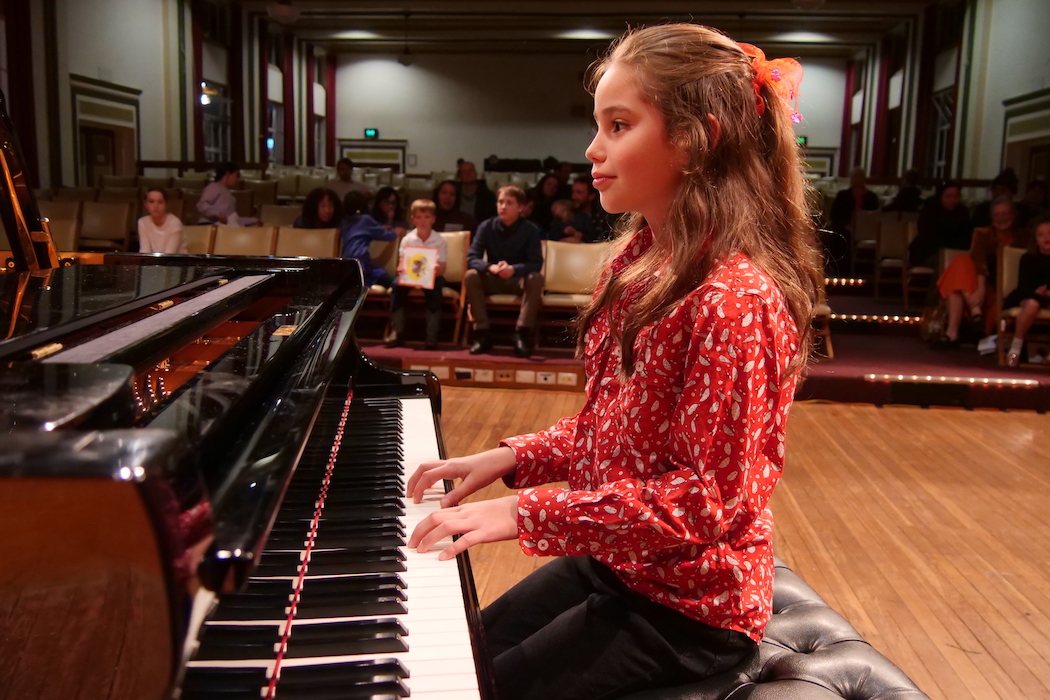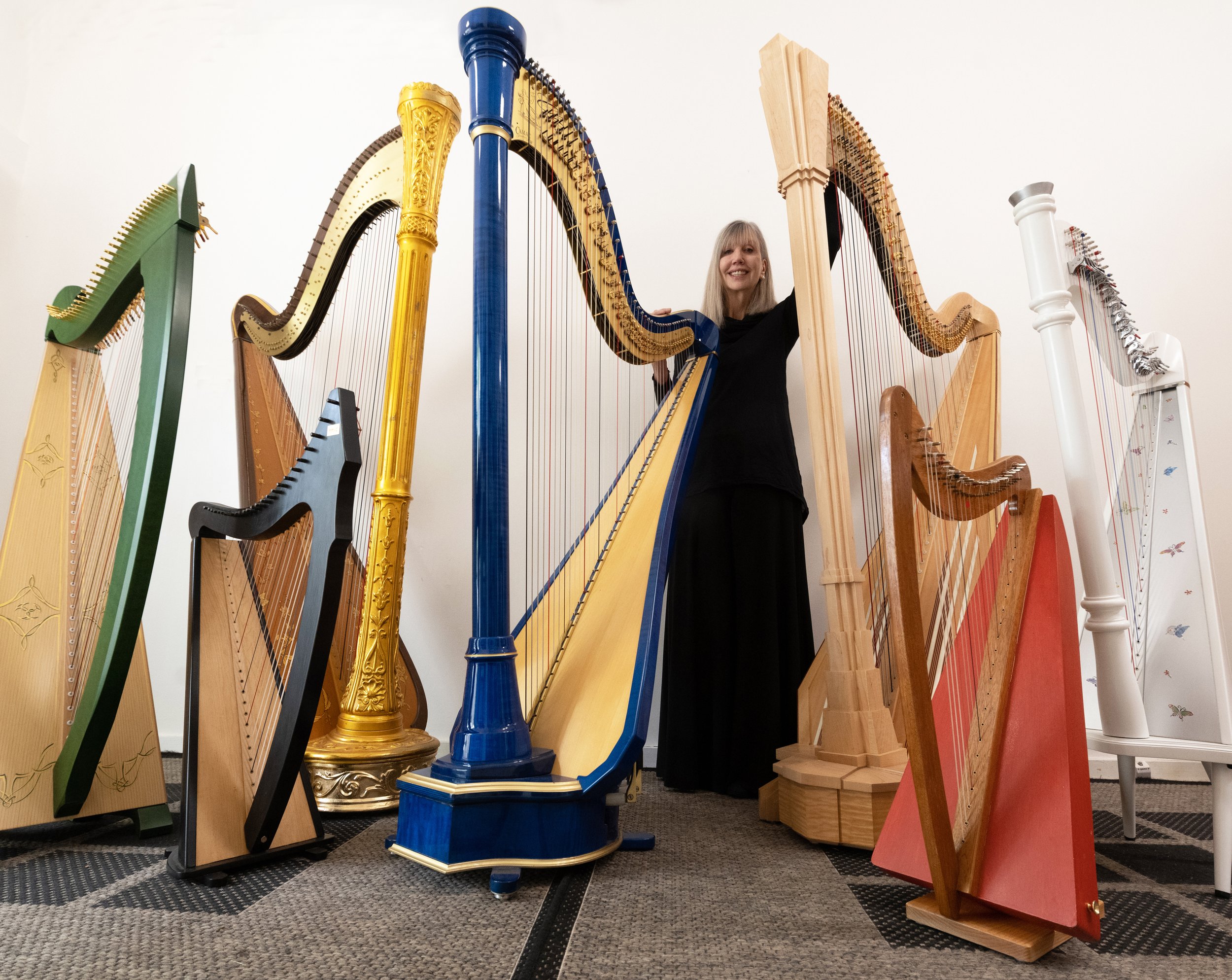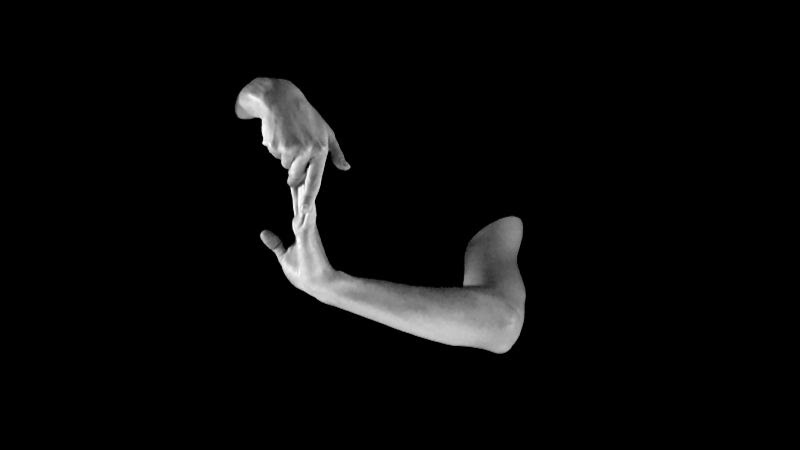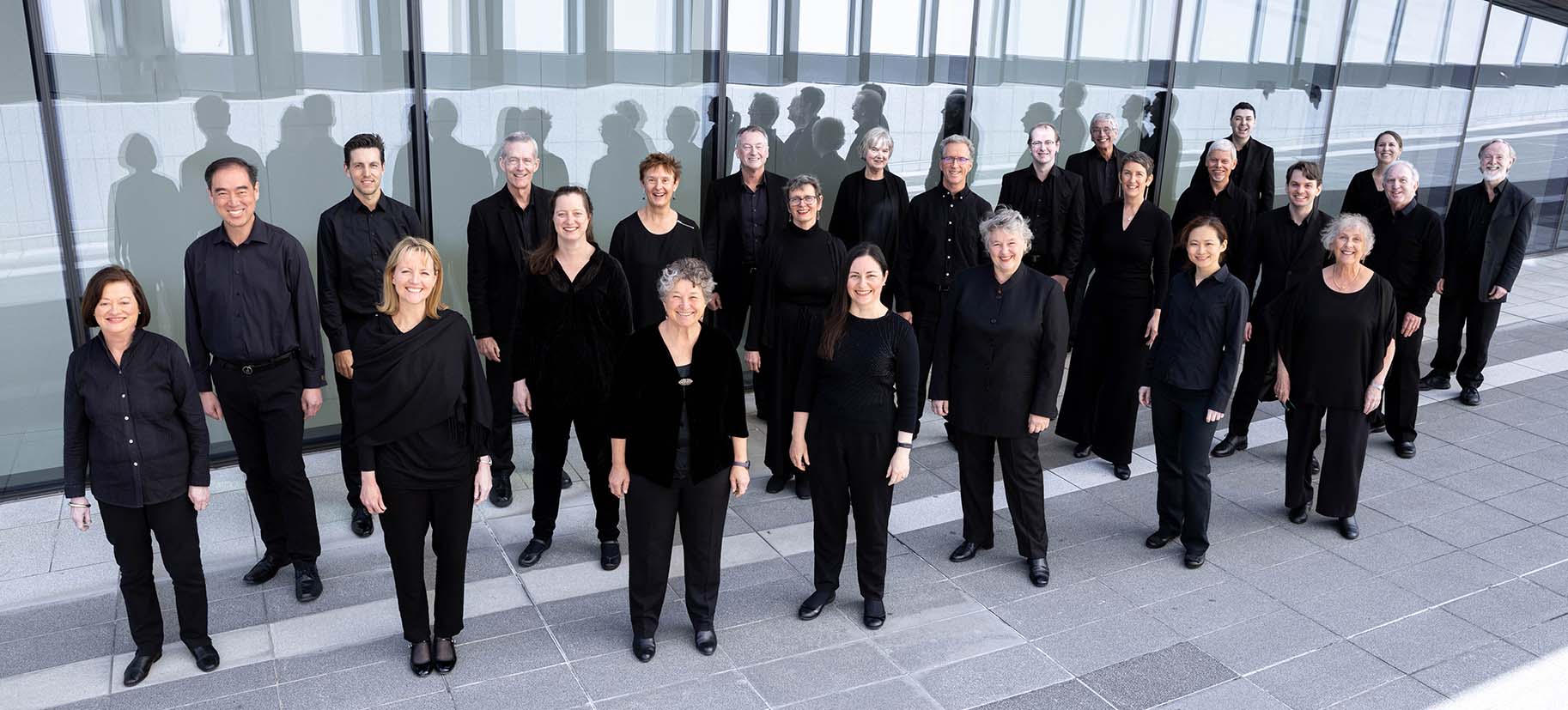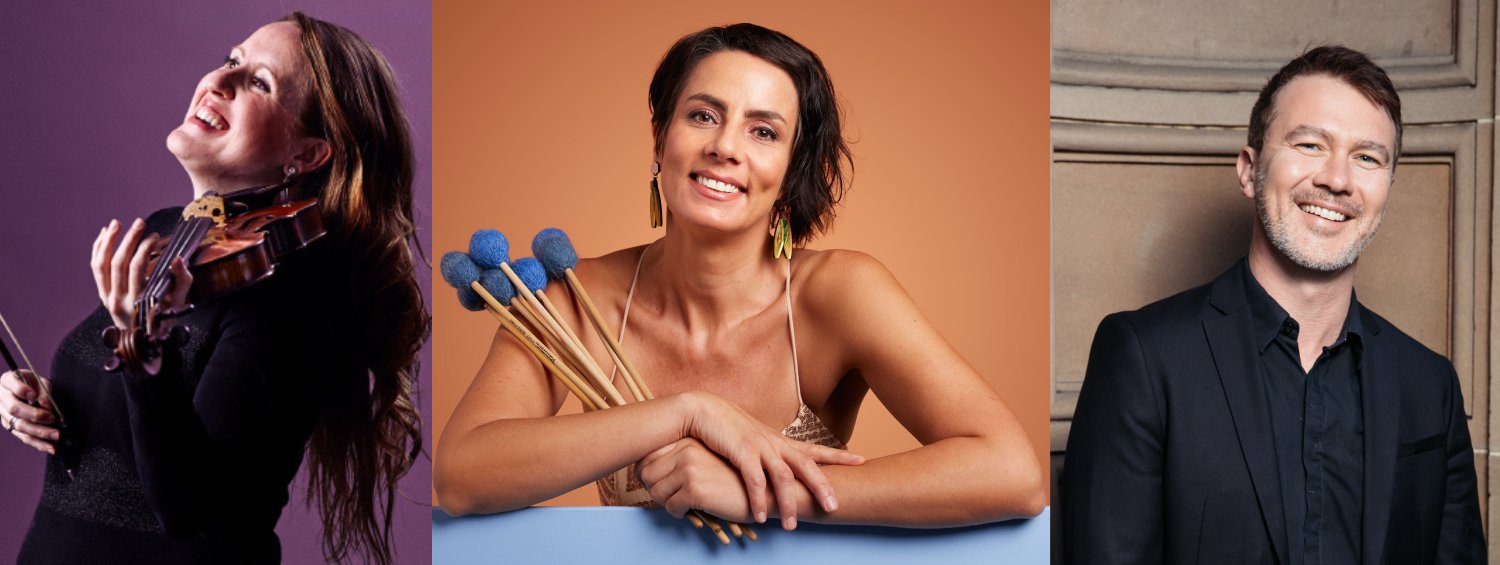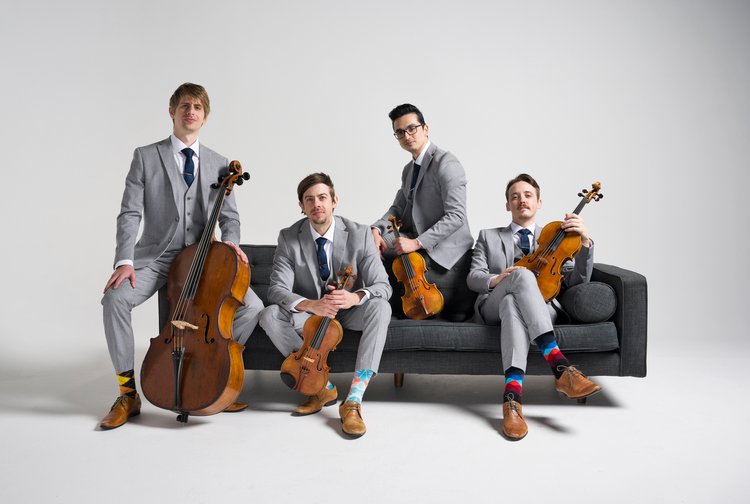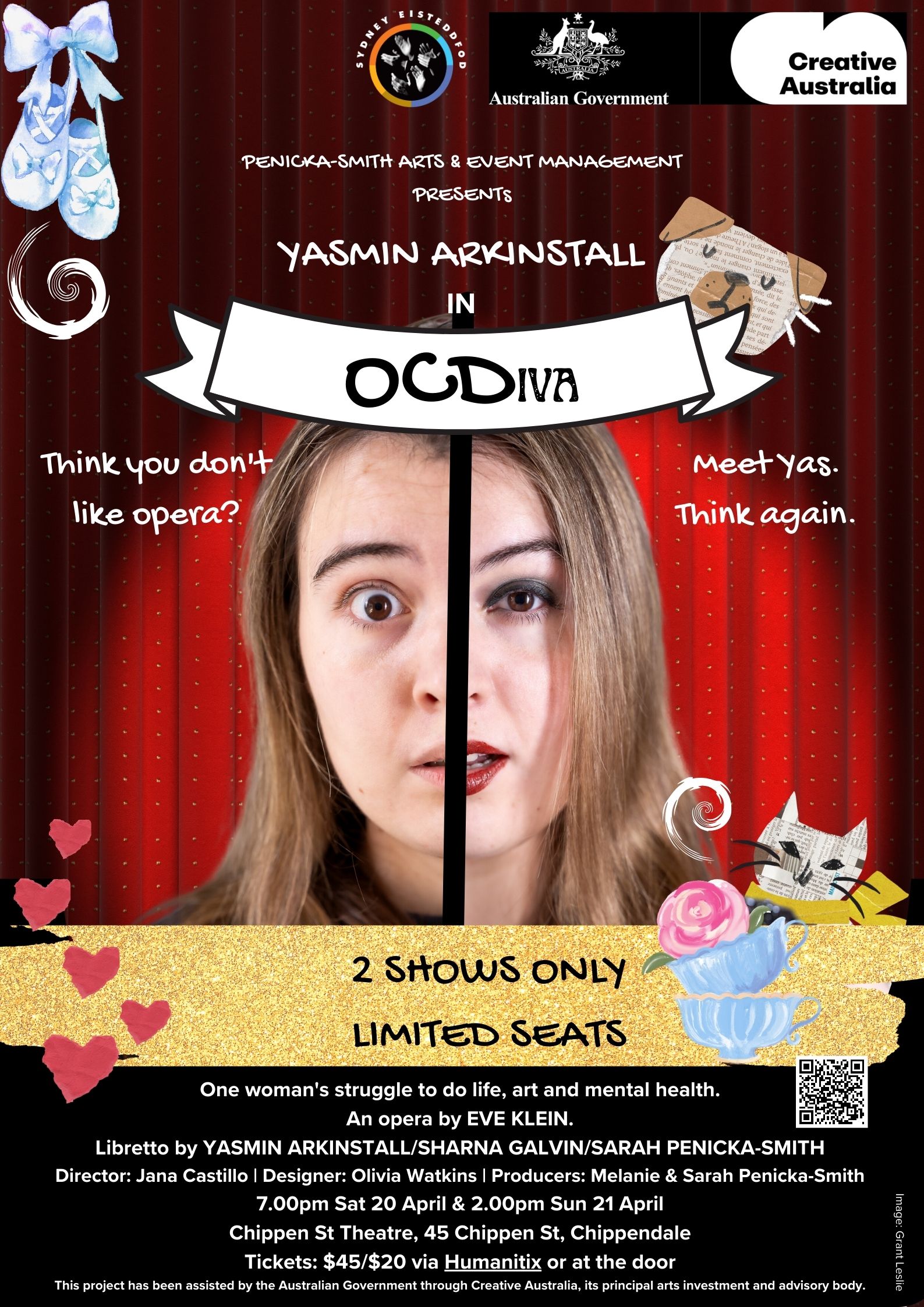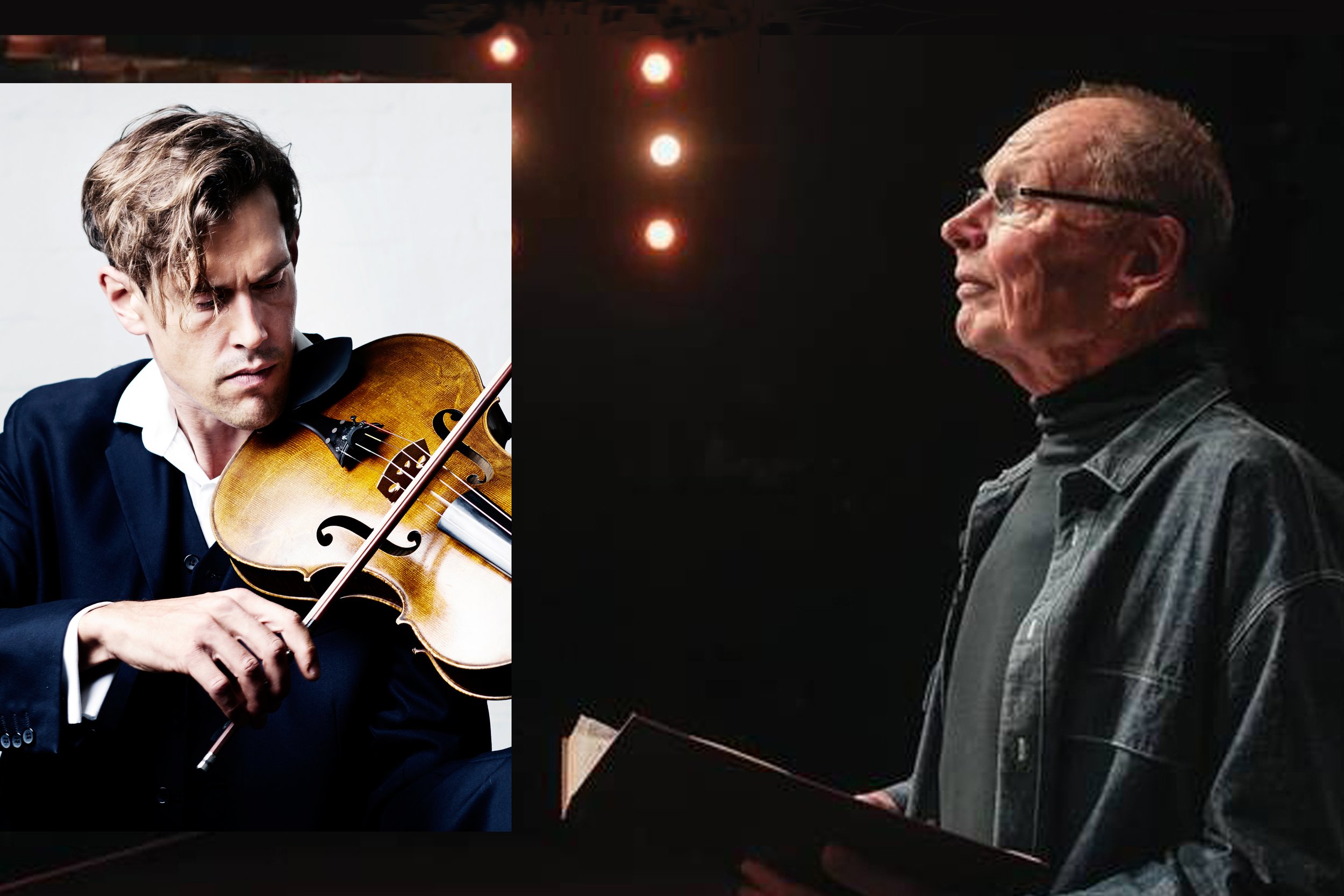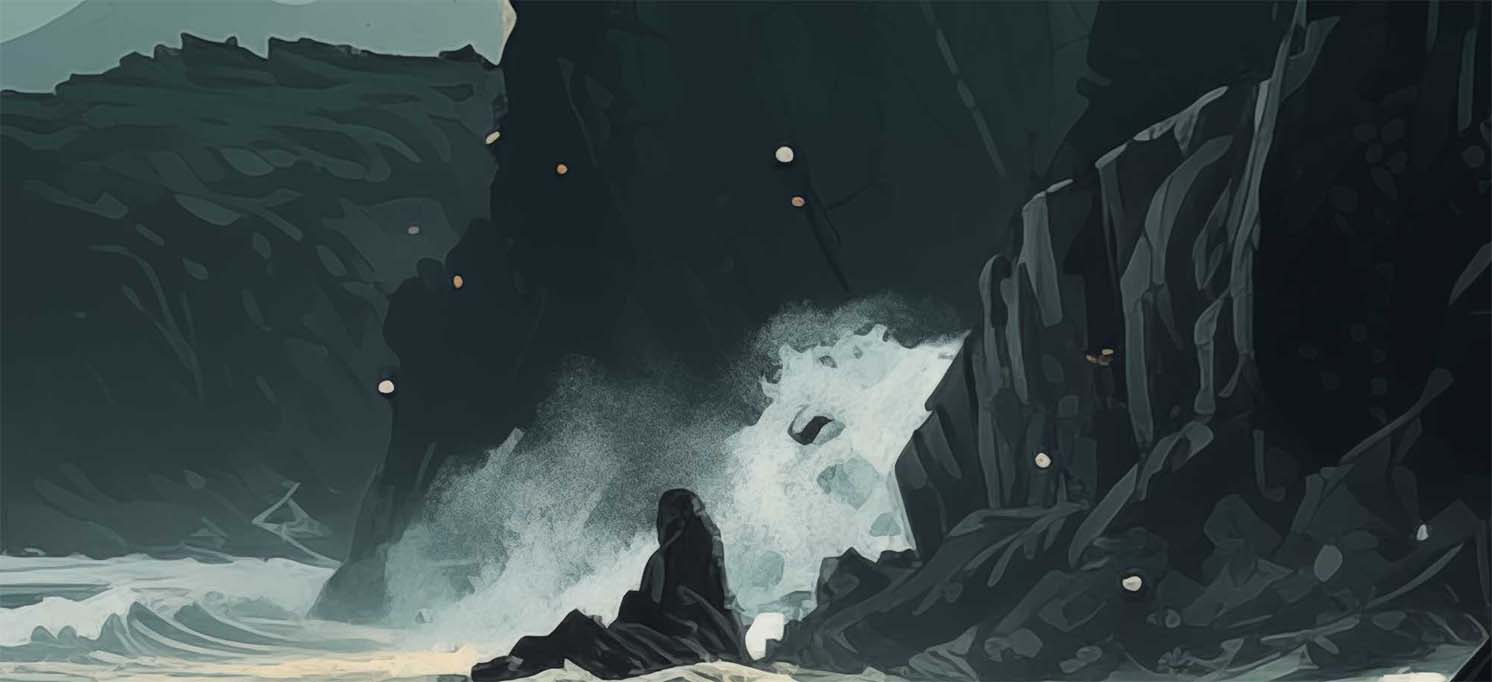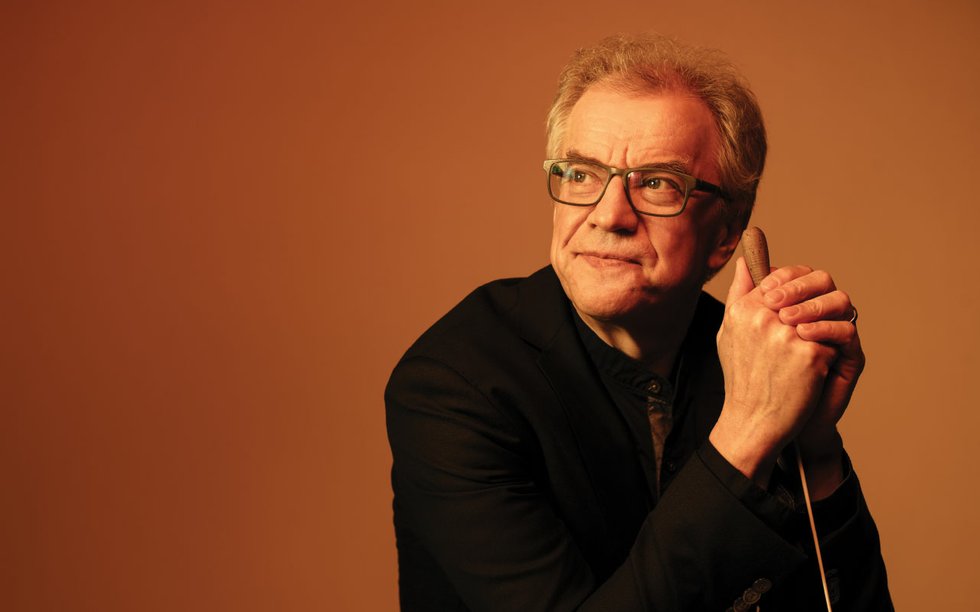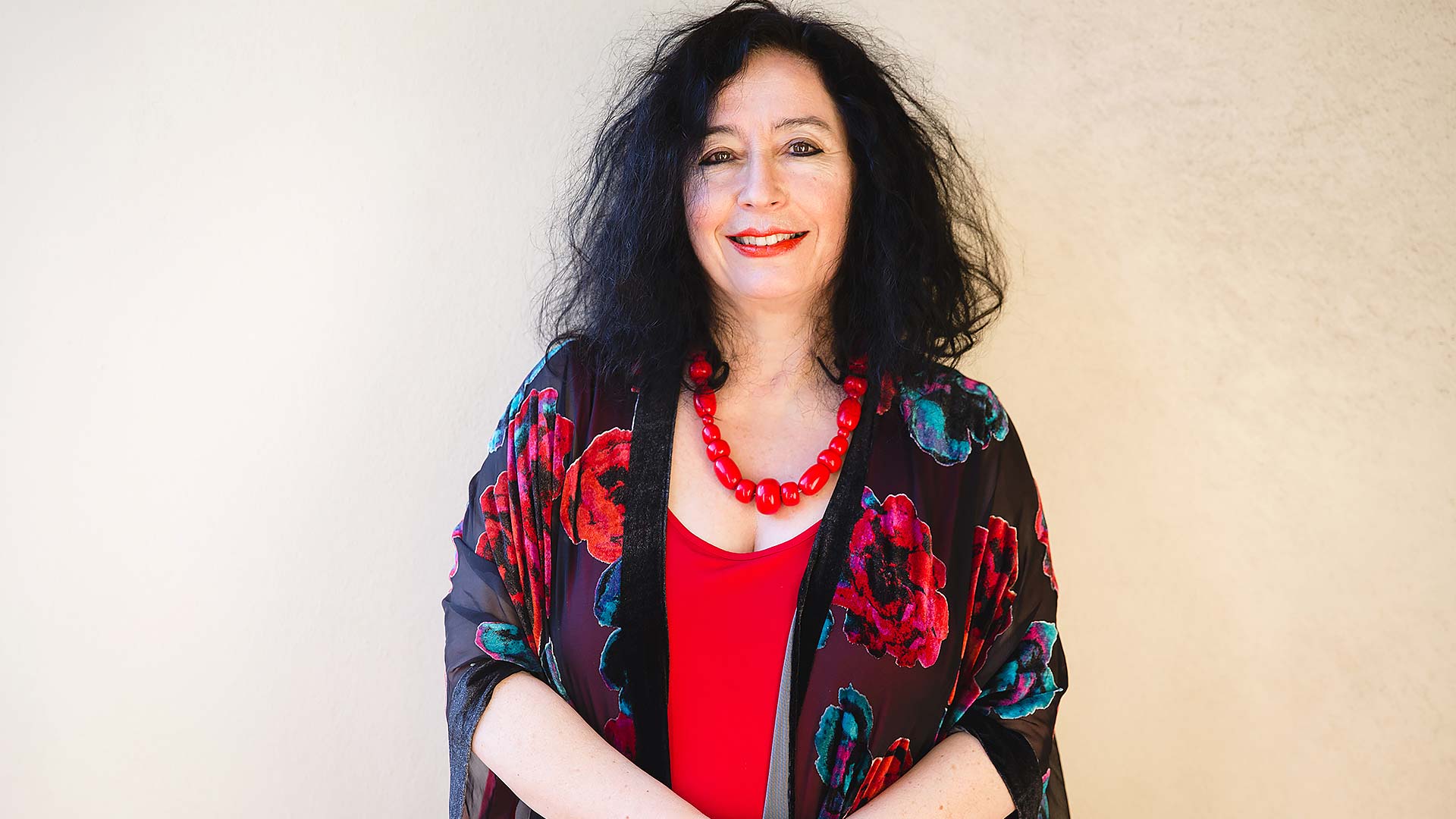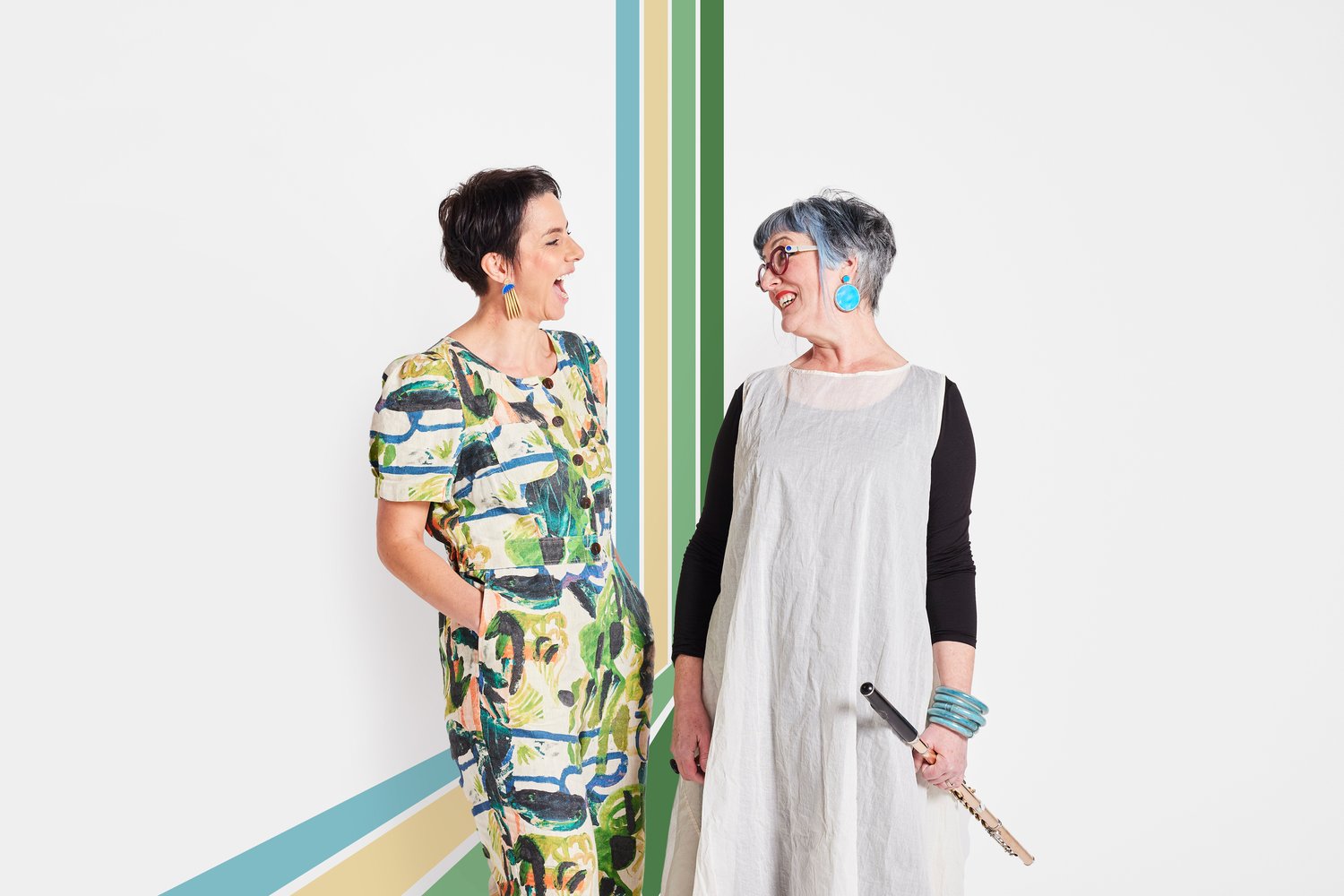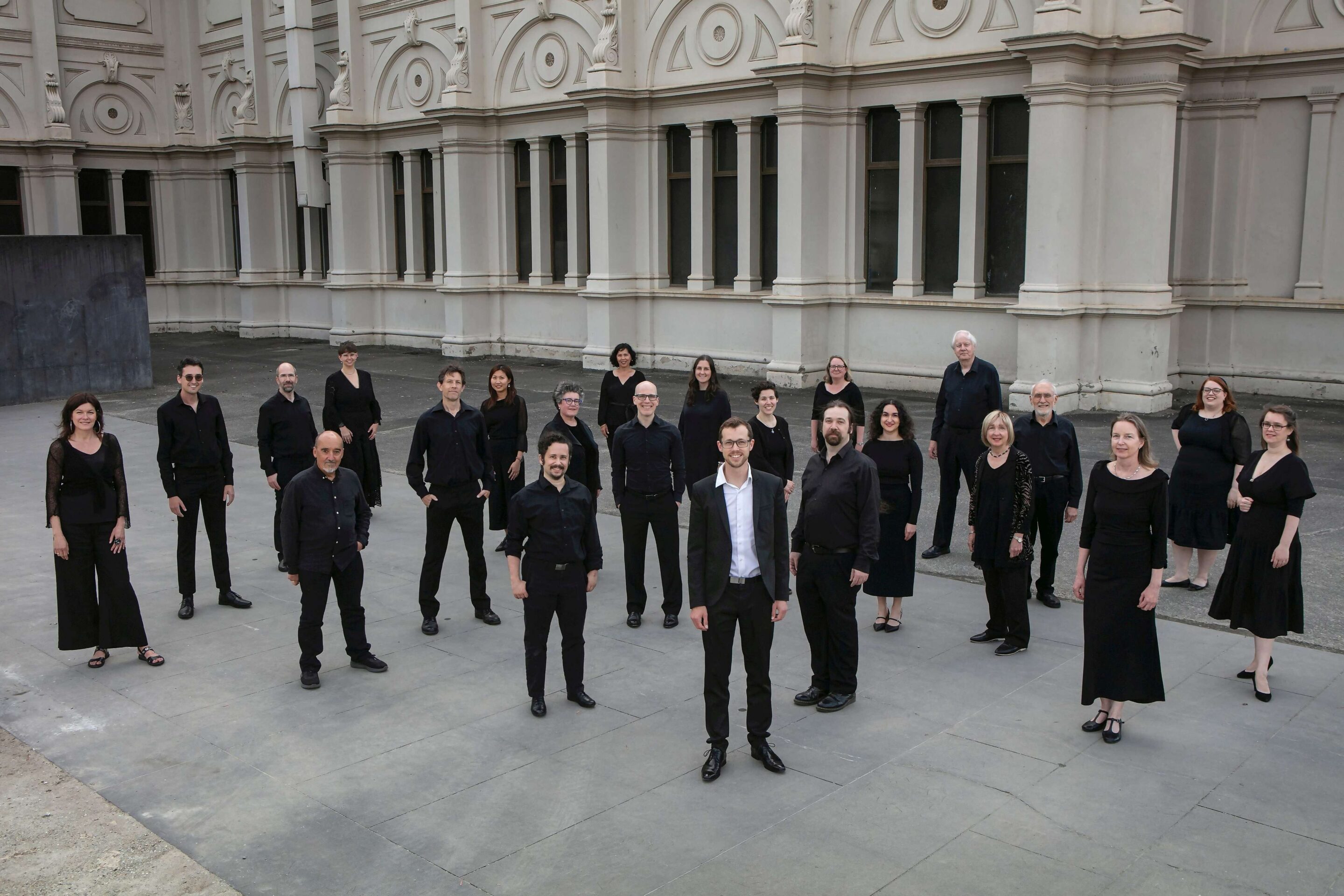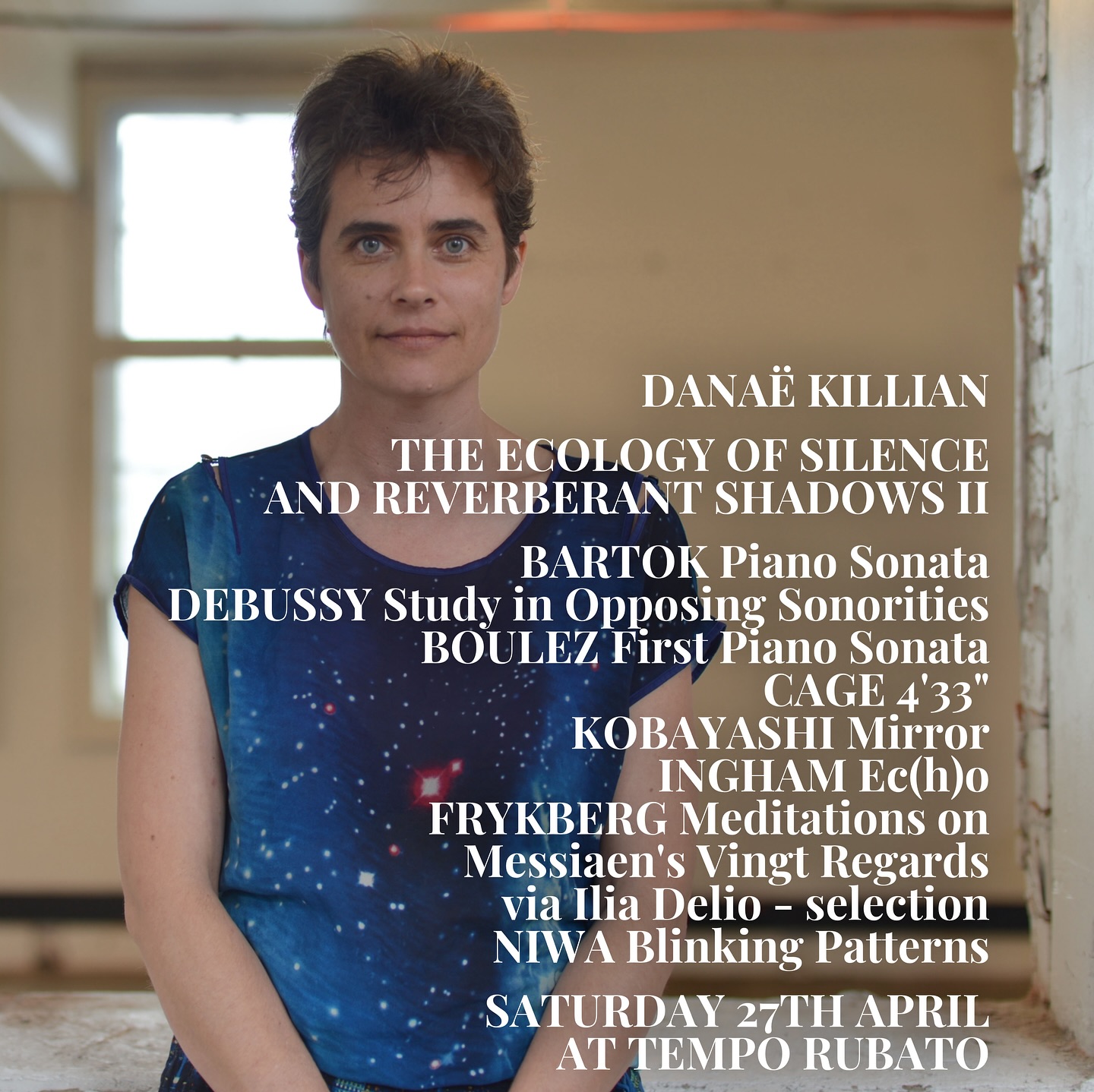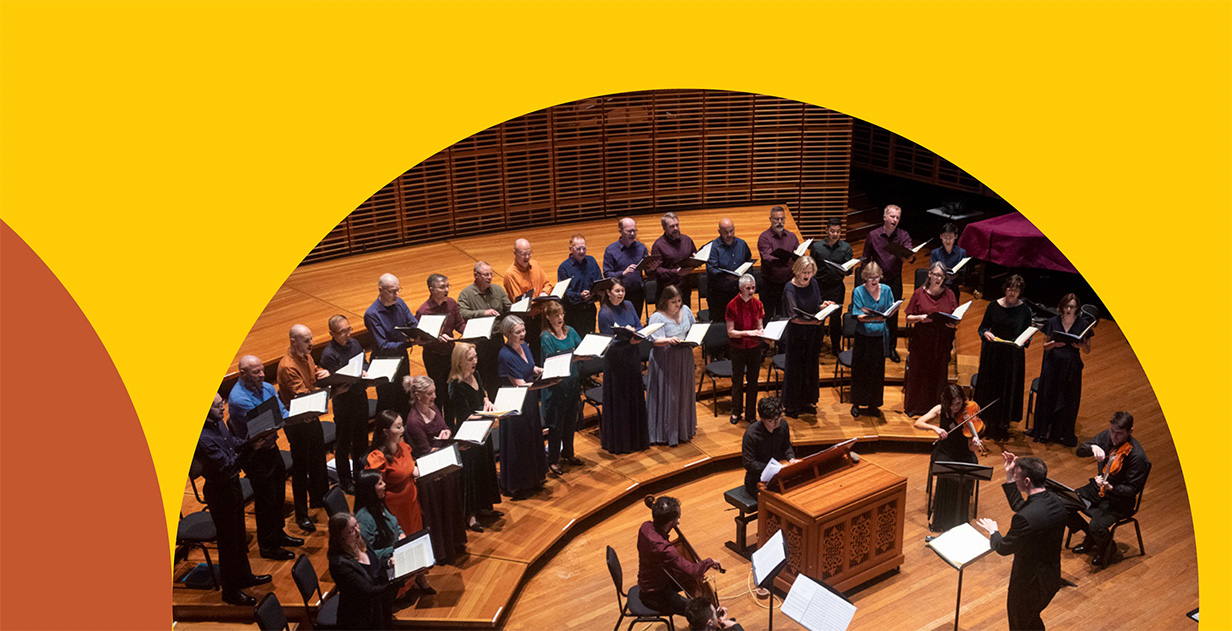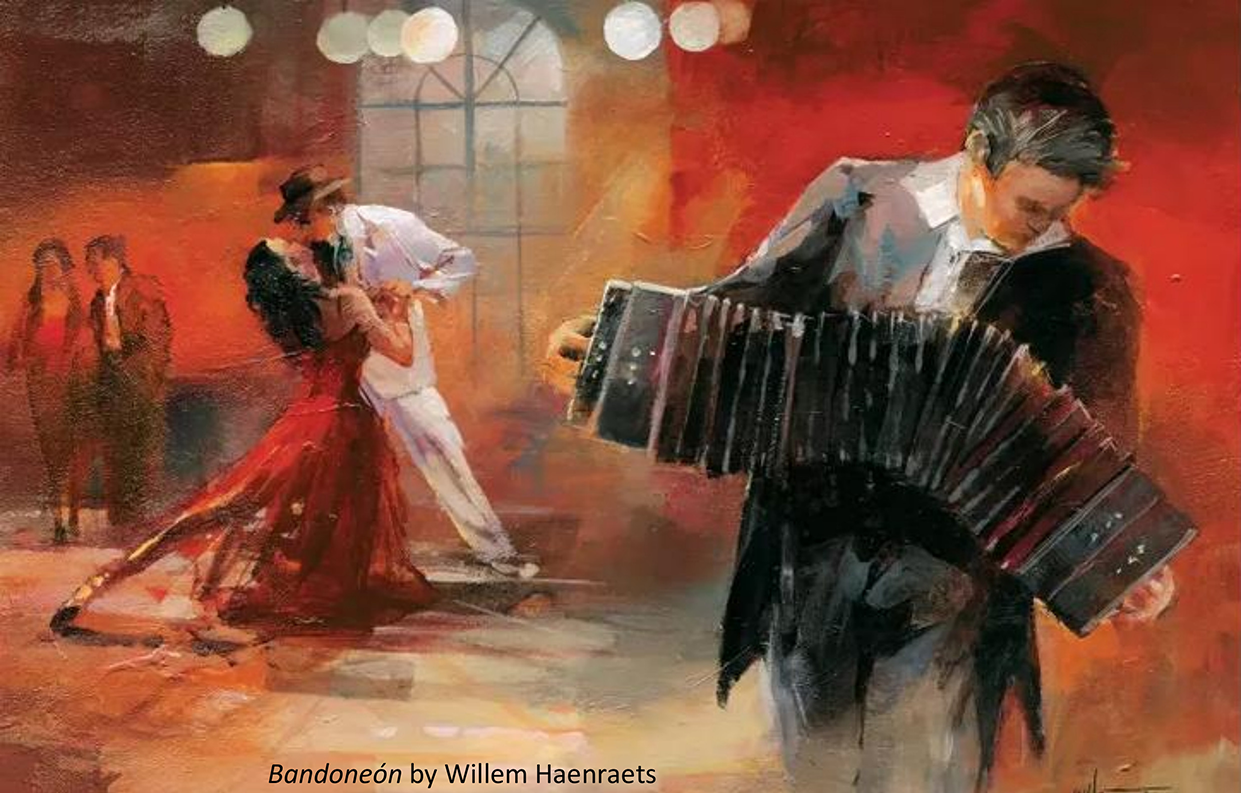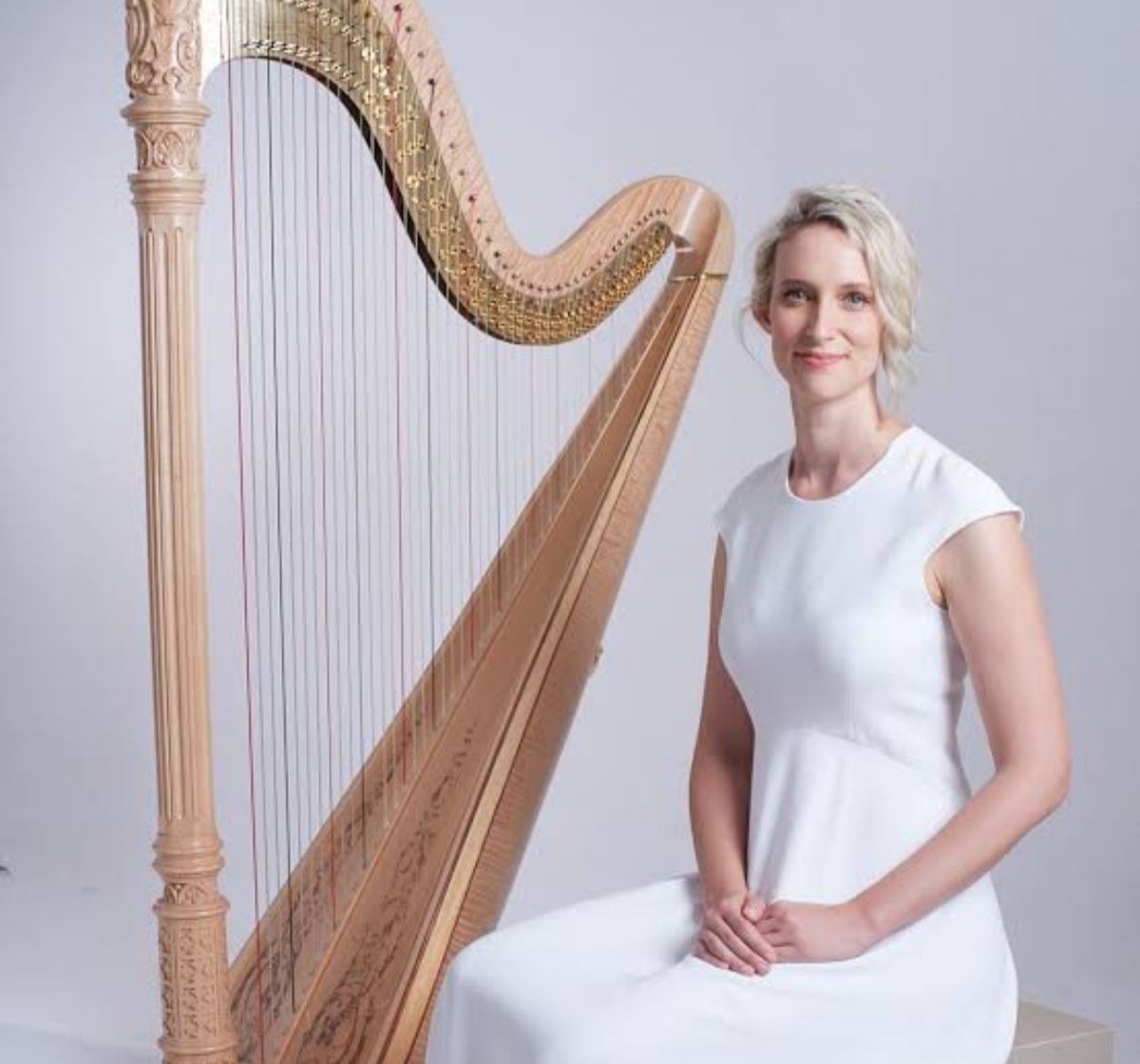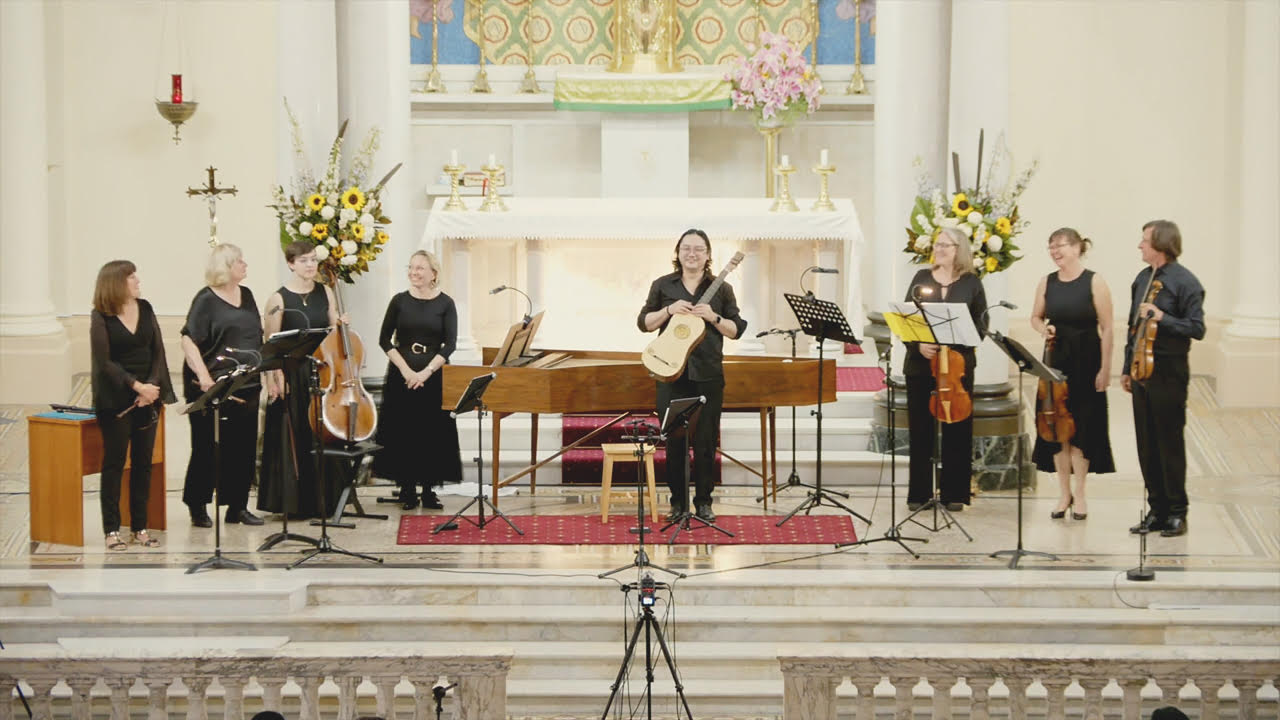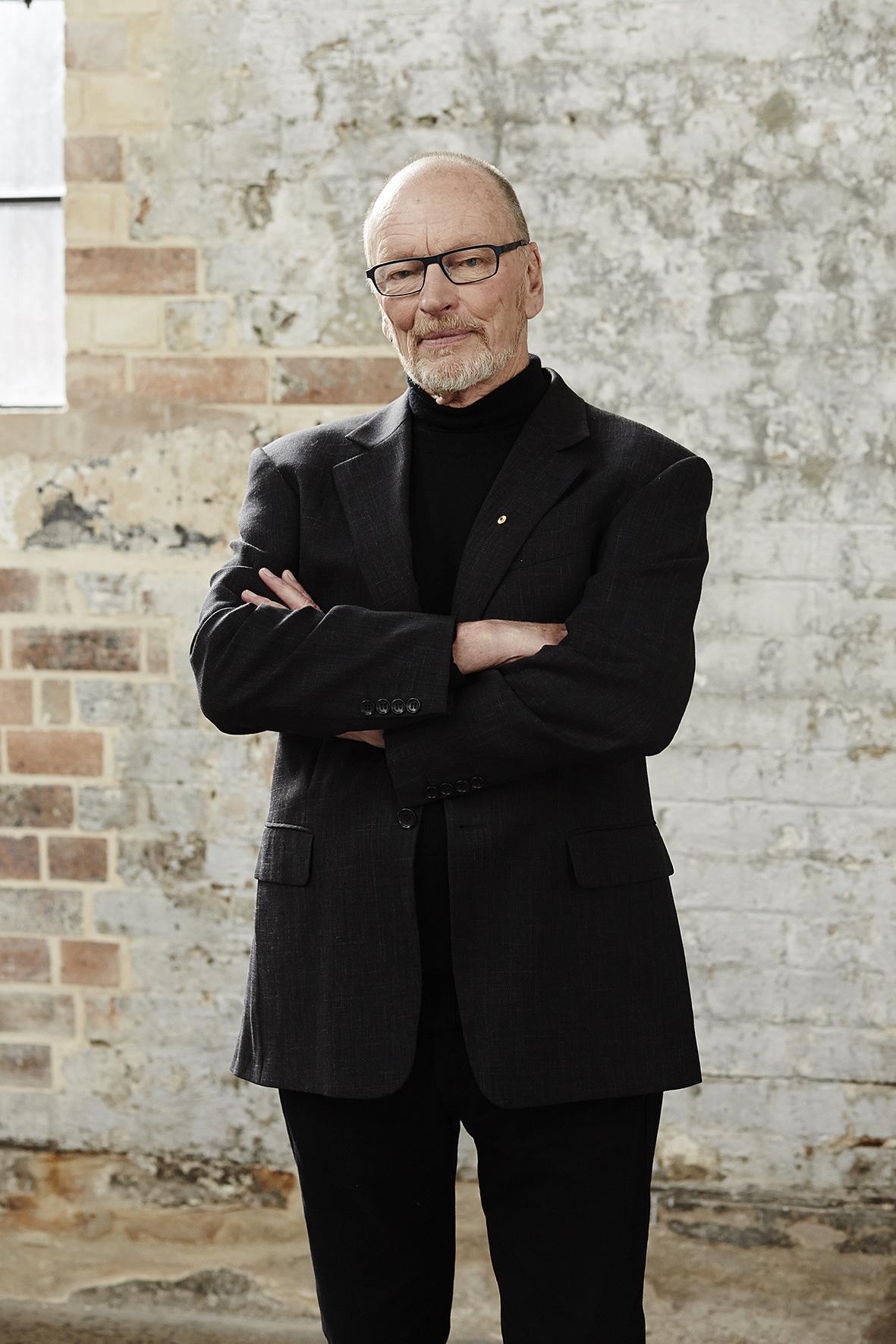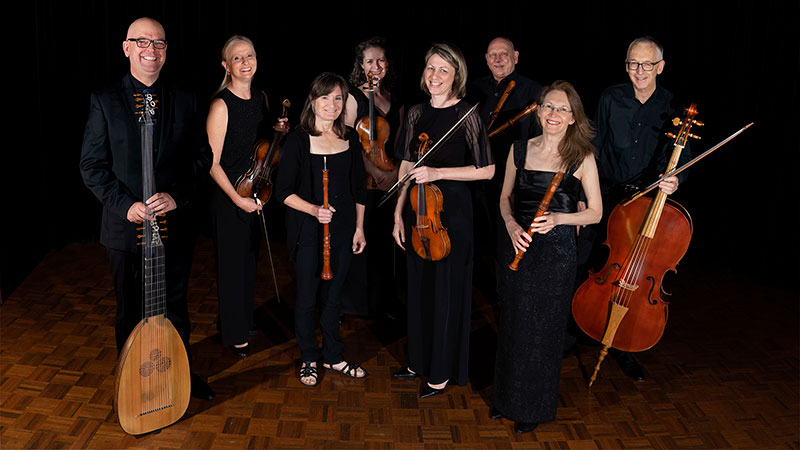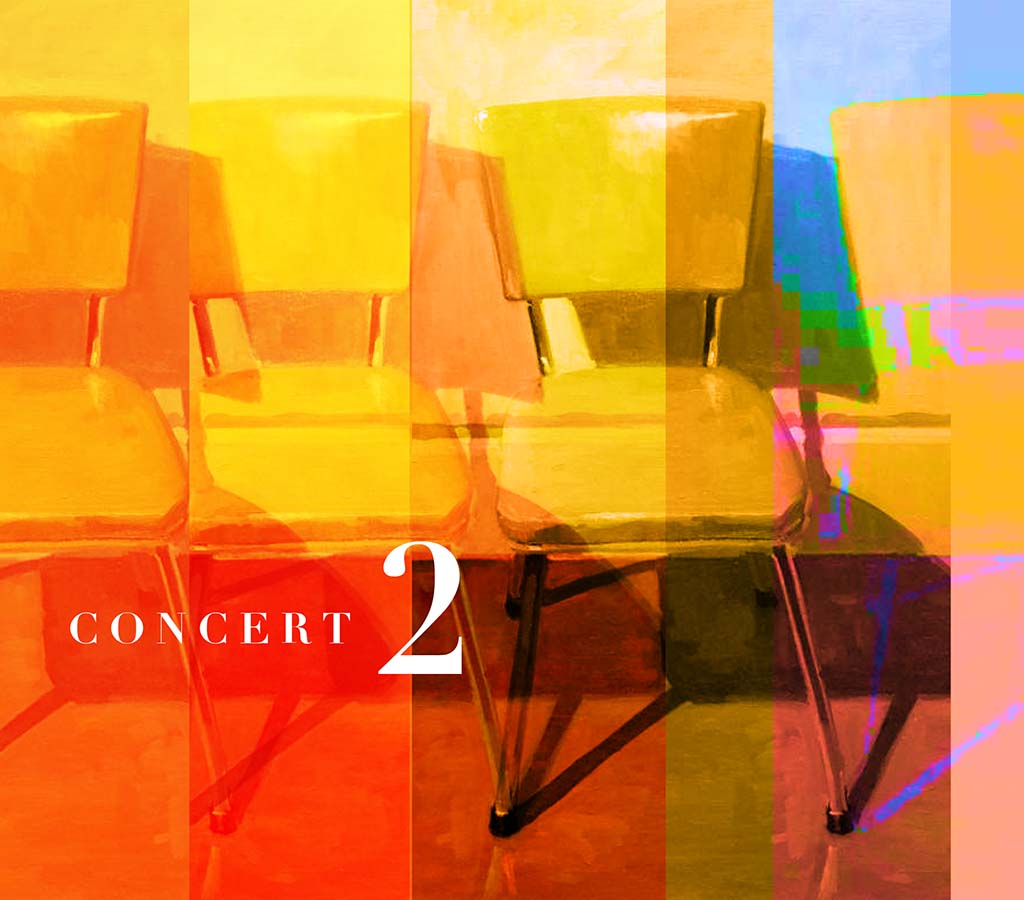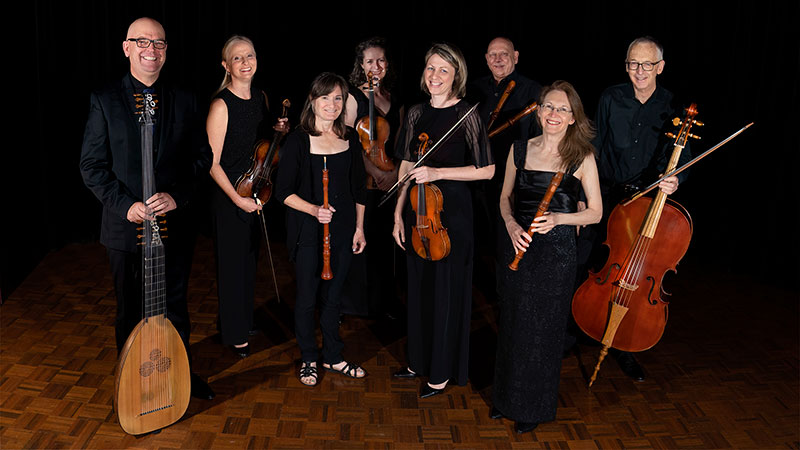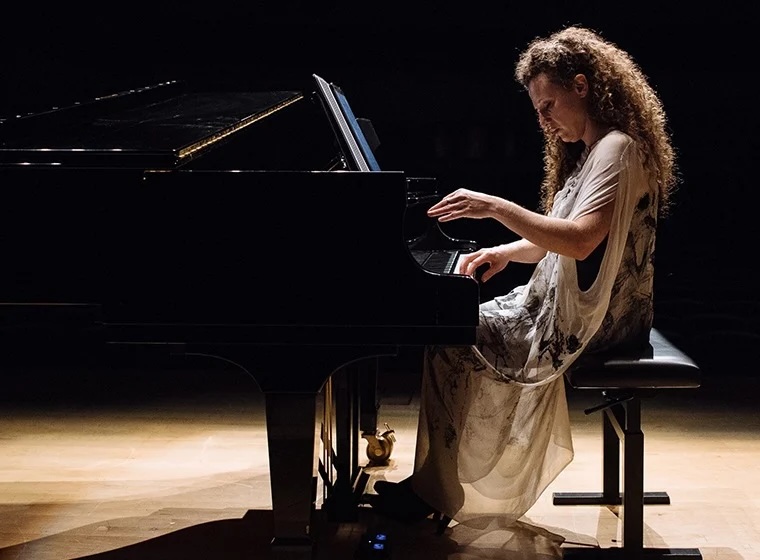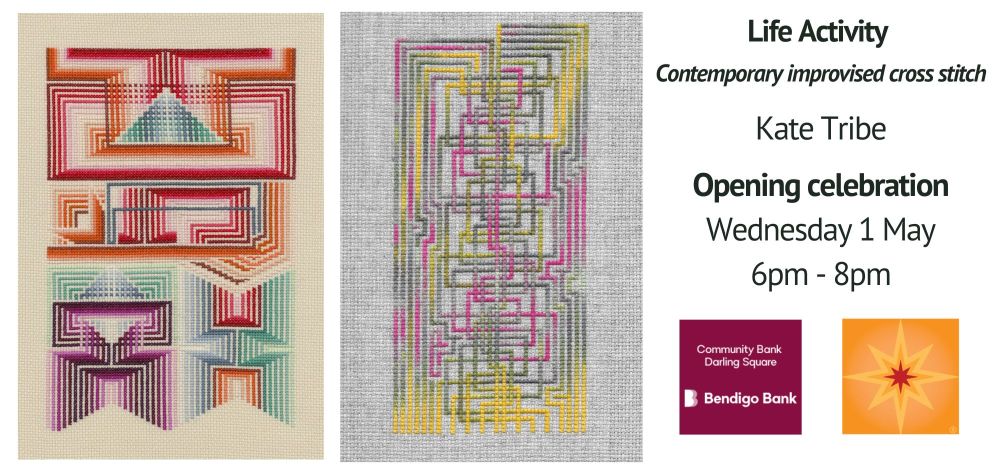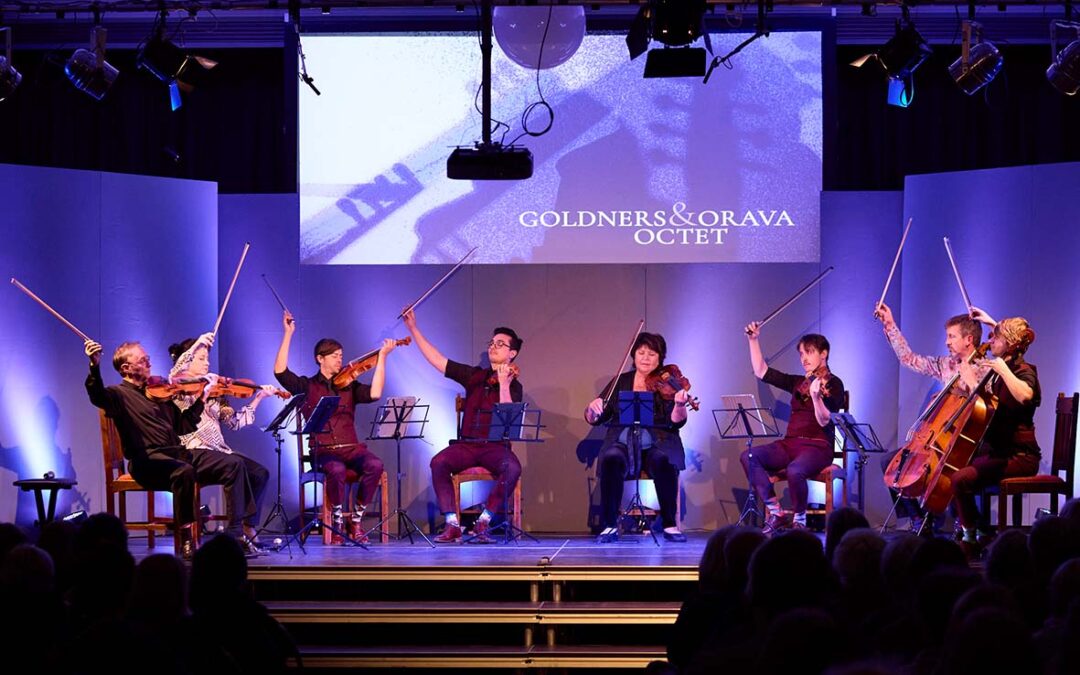It’s hardly necessary to say that the Sydney Mozart Society, now in its sixty-ninth year, produced another recital of the highest quality. The Australia Piano Quartet is now in its eighth year as Resident Ensemble at Sydney’s University of Technology where it has focused largely on contemporary Australian composers and has worked with the School of Software in incorporating digital and chamber music performance with visual design.
A far cry from Friday’s concert at Chatswood Concourse where we heard a recital of classical works of varied familiarity. Violinist Kristian Winther introduced the programme. He has appeared as soloist on many occasions, notably in the first performance of Brett Dean’s violin concerto. His many talents also include conducting and composing.
First we heard Beethoven’s piano quartet in E flat op. 16, an unusual work in that it is a transcription of his well-known Wind Quintet with the piano part the same but the wind parts recast for the three string instruments. The composer published it at the same time as the signature work, supposedly to increase sales as wind players were short on the ground. I know the original piece very well but had never before heard this version. I found it listenable but lacking the beautiful texture of the wind instruments. The horn is particularly missed in the second subject of the first movement and the clarinet in the final rondo. The original work is frequently compared to Mozart’s for the same instruments in the same key, although they are quite different in character. None of this detracts from the playing of the quartet, however, which was sublime in its accuracy and nuances. The piano is particularly important in this version and Konstantin Shamray was outstanding as guest pianist. Hardly surprising since he not only won First prize at the 2008 Sydney Piano competition but also won the People’s Choice prize, a rare double indeed. Born in Russia, he’s now studying for a PhD in Adelaide and it is quite a compliment that he has made Australia home. Impeccable timing held the piece together as well as a high degree of clarity. I trust many of the audience who don’t know the woodwind version will have enjoyed this enough to want to seek it out.
Mozart’s piano quartet in E flat K 493 is the second of the pair he composed in this genre. It is a gem of a work and measures fully up to its better known partner in G minor. An openly expressed jaunty theme starts the work with typical sonata form development. Only Mozart could dream up a theme of six ascending notes, echoed a tone lower, yet it is original and catchy. A tranquil larghetto follows with an inner contemplative section. A spritely Rondo containing many piano trills forms the finale and completes an exuberant work. The string section was ably anchored by Thomas Rann on cello. He is the founding artistic director of the APQ, having won the Muriel Taylor Scholarship in London. He has appeared as soloist with many orchestras in the UK and here in Australia. Along with the perspective of the group, he has collaborated with many contemporaries including artists as well as composers.
The last work formed a huge contrast to what had gone before. Brahms wrote his Op. 25 piano quartet together with its twin in A major at the age of 27. Set in Mozart’s favourite key of G minor, it provides a pointer to his later expansive and dramatic style, so much so that seventy years later, it was arranged by Schoenberg for full orchestra. The first movement is all-consuming and very typically Brahmsian with drama and pathos intertwining and the players working overtime. There was quite some discussion about the title of the second movement and the final choice of intermezzo is certainly appropriate, being reminiscent of his late piano pieces with the same attribution. The Andante is unusual in that its lyrical contemplative nature is interrupted by an extended march and this is a welcome variation rather than an intrusion. The last movement, Gypsy Rondo, is well known as a stand alone piece and I’m sure many of us found this familiar as opposed to the rest of the work. I’ve listened to the orchestral adaptation and find that it is particularly well-suited to the first movement which would not be out of place in a Symphony. Brahms was famous for treating all instruments equally and certainly the violist was prominent, particularly in the slow movement. James Wannan has studied in Melbourne and Vienna and has appeared as soloist in Austria and Germany. He has a propensity for the viola d’amore and played it in a new concerto by Jack Symonds at the Bendigo Festival further emphasising the role of the group in furthering contemporary Australian music though in this case by playing a Baroque instrument.
This was a programme of contrasts which stimulated the audience fully, particularly in appreciation of the accuracy and intensity of the quartet. The final applause was nothing if not ebullient. I think half went home humming the Zigeuner Rondo and the other half the Rondo theme from the Mozart quartet.
Thoughts about:
![]()
Sydney Mozart Society: Australia Piano Quartet | The Concourse, Chatswood | 8 March 2019
![]()

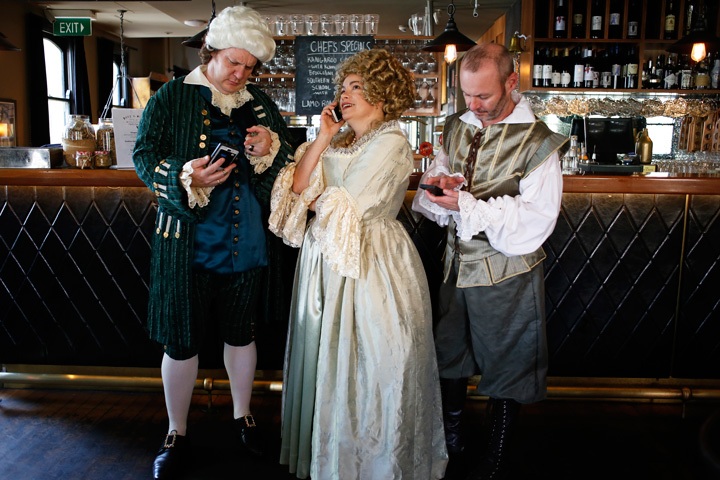







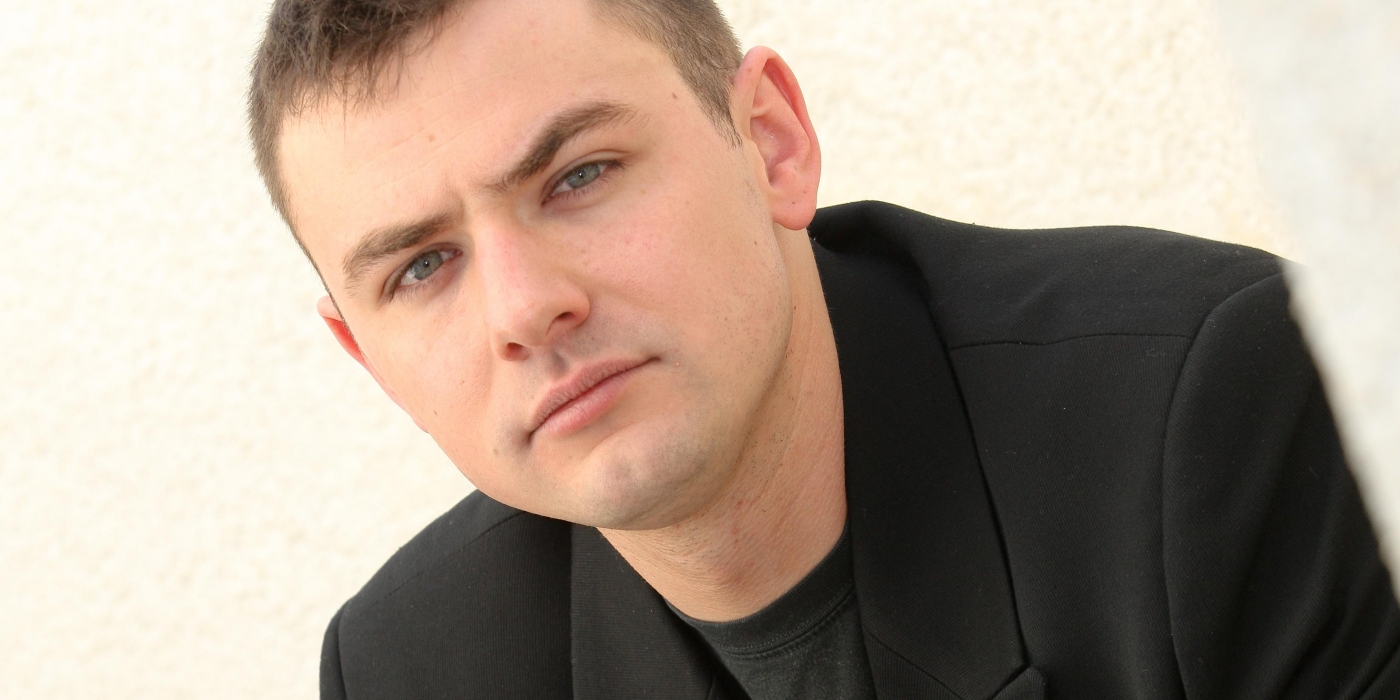


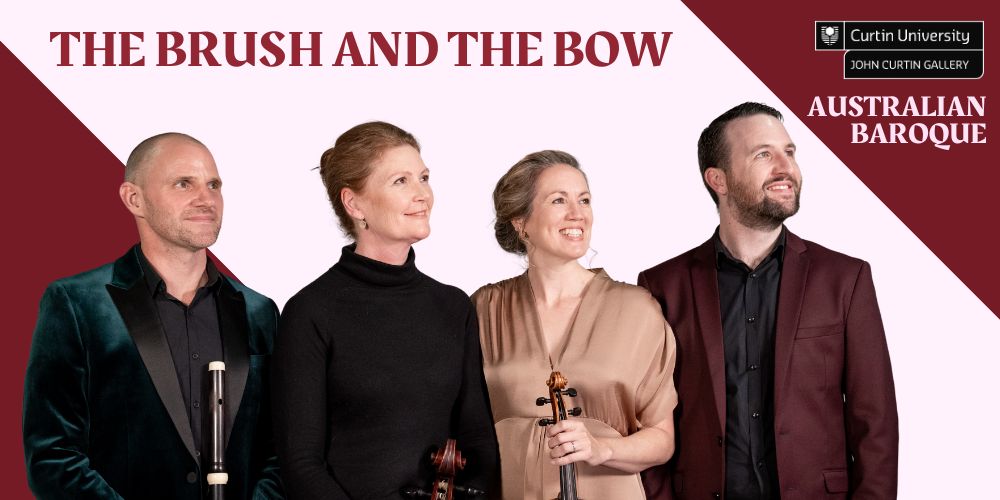
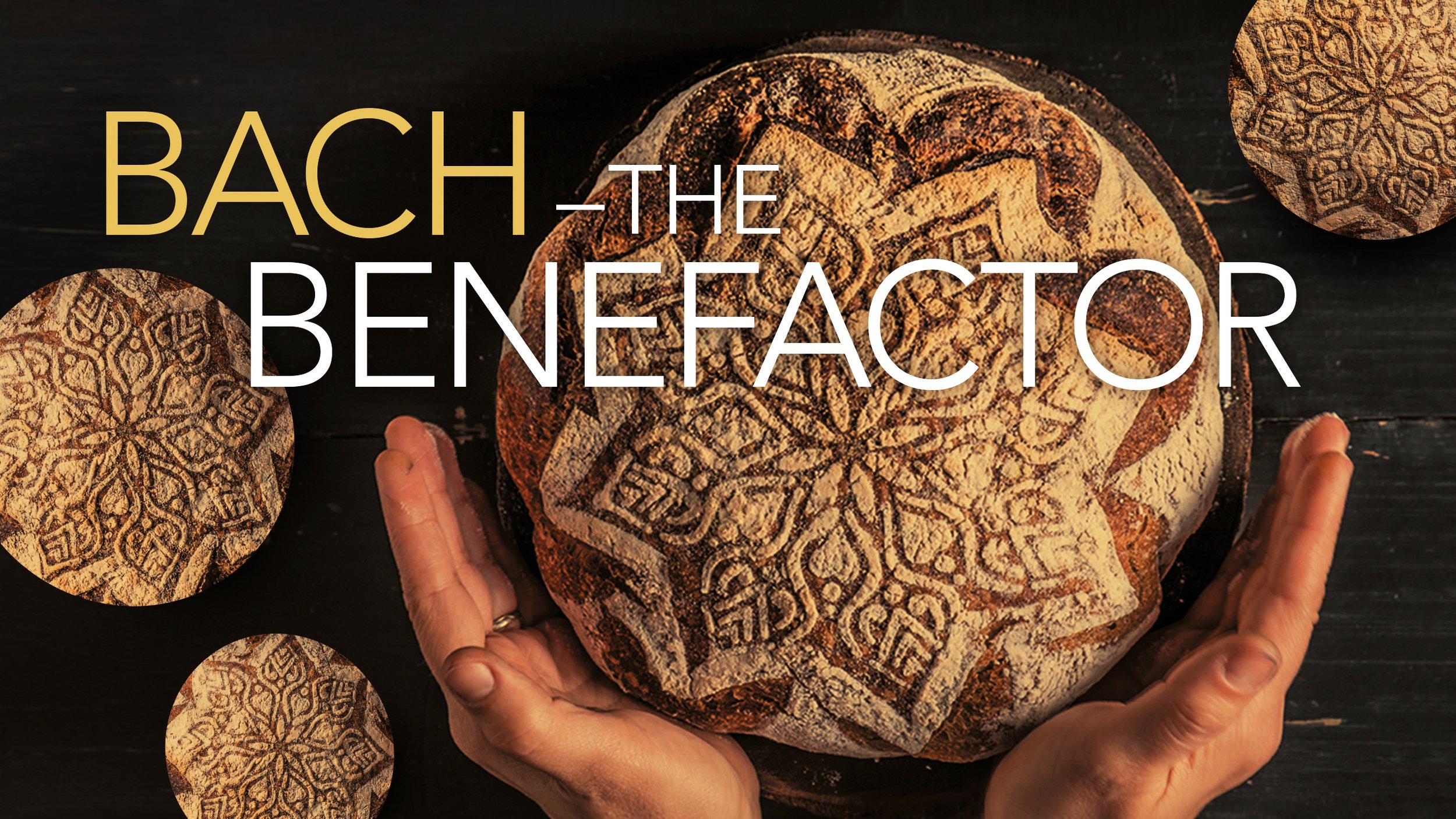




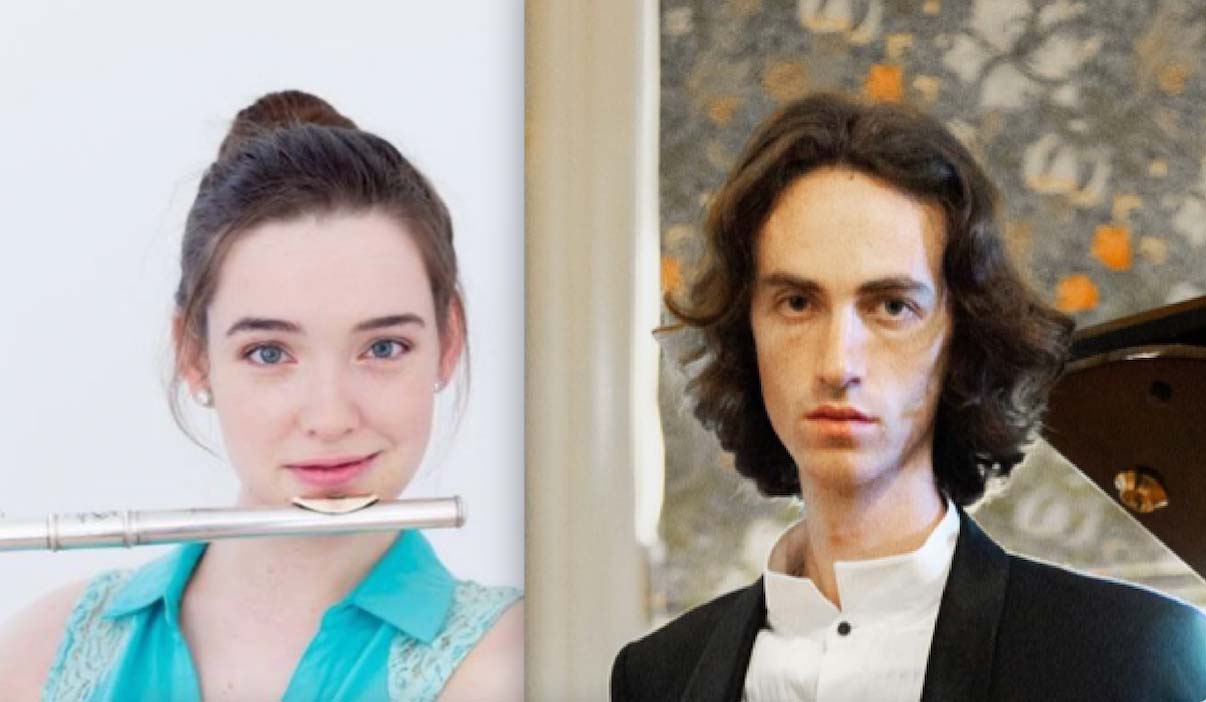
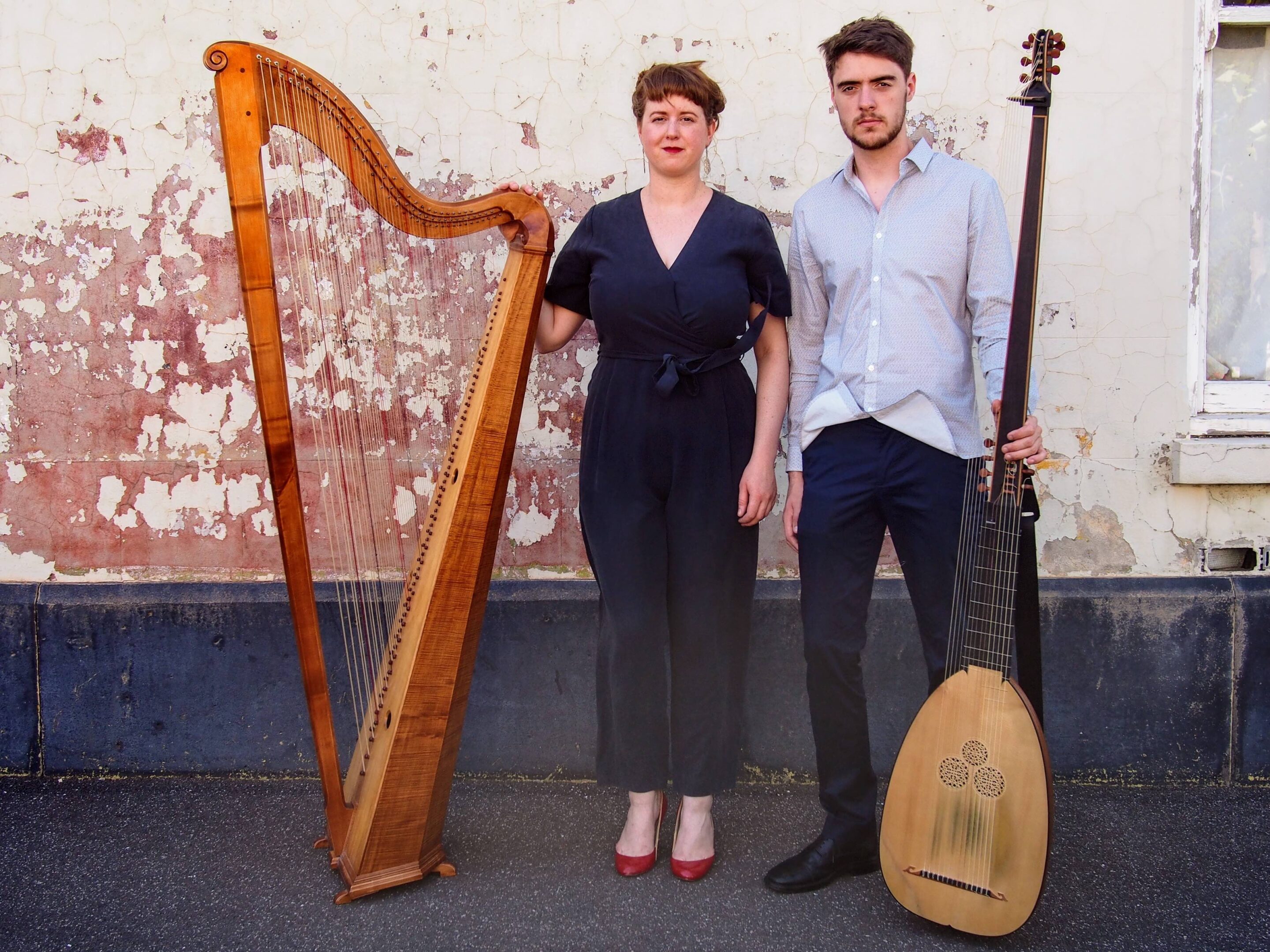

![user222 mrc mostlymozart [glass harmonica] user222 mrc mostlymozart [glass harmonica]](https://cdn-classikon.b-cdn.net/wp-content/uploads/2024/02/user222-mrc_mostlymozart_glass_harmonica.png)
